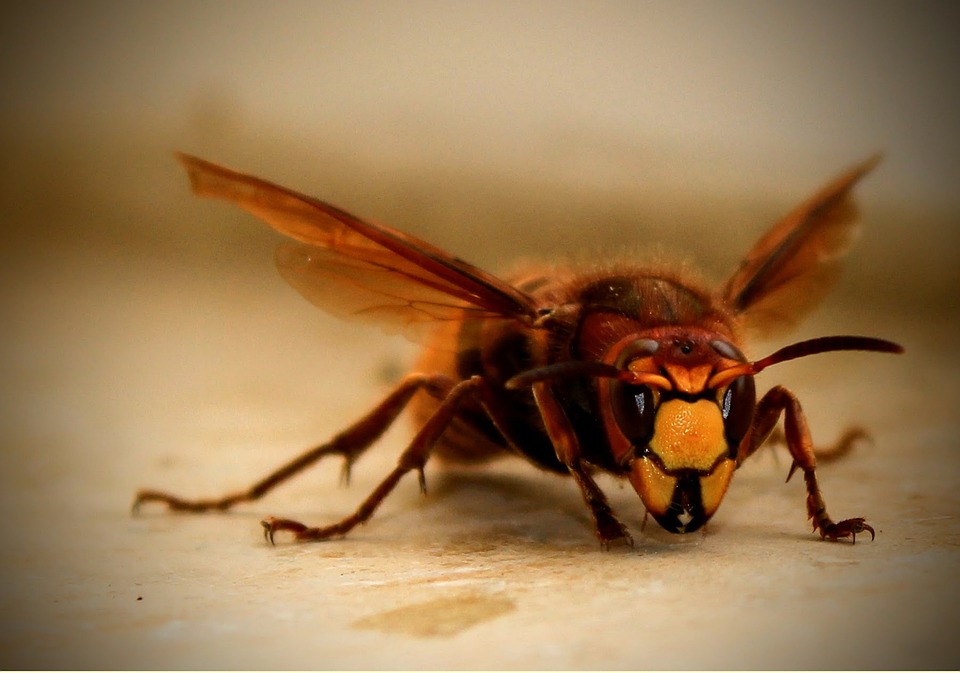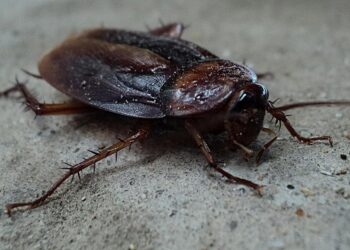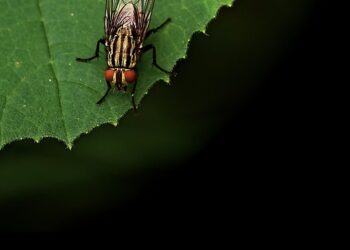Battle of the Bugs: Conquering Garden Pests for a Bountiful Harvest
As a garden enthusiast, there’s nothing more satisfying than seeing your plants thrive and produce a bountiful harvest. However, one of the biggest challenges that gardeners face is dealing with pesky pests that can wreak havoc on their crops. In this article, we will discuss effective strategies for battling garden pests and ensuring a successful growing season.
Identifying Common Garden Pests
Before you can effectively combat garden pests, it’s important to first identify the most common culprits that may be plaguing your plants. Some of the most common garden pests include aphids, caterpillars, slugs, snails, and beetles. These pests can cause damage to your plants by feeding on leaves, stems, and fruits, ultimately stunting their growth and reducing your harvest.
Preventative Measures
One of the best ways to combat garden pests is to implement preventative measures to protect your plants before an infestation occurs. Here are some strategies you can use to keep pests at bay:
- Companion Planting: Planting certain herbs and flowers alongside your vegetables can help repel pests and attract beneficial insects that will prey on garden pests.
- Row Covers: Using row covers can help protect your plants from pests while still allowing sunlight and water to reach them.
- Healthy Soil: Maintaining healthy soil with proper nutrients and pH levels can help strengthen your plants’ natural defenses against pests.
Natural Pest Control
If preventative measures aren’t enough to keep pests at bay, there are several natural pest control methods you can use to protect your plants without resorting to harsh chemicals. Some effective natural pest control methods include:
- Handpicking: Visually inspect your plants regularly and remove any pests you see by hand.
- Neem Oil: Neem oil is a natural insecticide that can be used to control a variety of garden pests.
- Diatomaceous Earth: Diatomaceous earth is a natural powder that can be sprinkled around plants to deter pests like slugs and beetles.
Organic Pest Control
If natural pest control methods aren’t effective, you may need to turn to organic pest control products to protect your plants. Organic pest control products are derived from natural sources and are safe to use in your garden. Some effective organic pest control products include:
- Pyrethrin: Pyrethrin is a natural insecticide derived from chrysanthemum flowers that can effectively control a wide range of garden pests.
- Spinosad: Spinosad is a natural insecticide that is effective against caterpillars, thrips, and other common garden pests.
Integrated Pest Management
Integrated Pest Management (IPM) is a holistic approach to pest control that combines preventative measures, natural pest control methods, and organic pest control products to effectively manage garden pests. By using a combination of strategies, gardeners can minimize the use of harmful chemicals and protect their plants in an environmentally friendly way.
Conclusion
Dealing with garden pests can be a frustrating challenge, but with the right strategies and tools, you can protect your plants and ensure a bountiful harvest. By identifying common garden pests, implementing preventative measures, using natural and organic pest control methods, and embracing integrated pest management practices, you can conquer garden pests and enjoy a successful growing season. Remember to stay vigilant, regularly inspect your plants, and adjust your pest control strategies as needed to keep your garden healthy and thriving.
With these tips in mind, you can conquer the battle of the bugs and enjoy a bountiful harvest in your garden.





















































